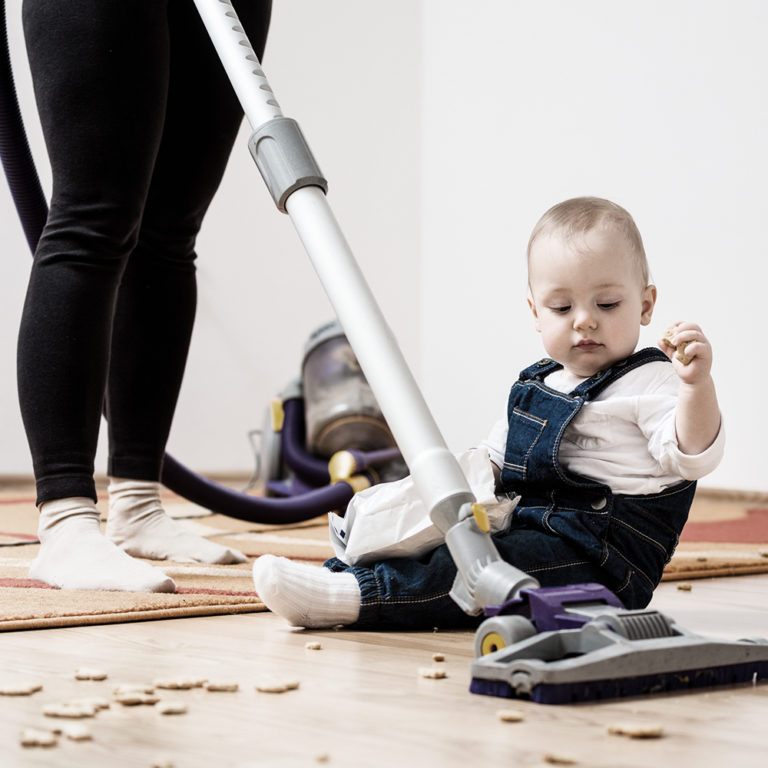Parents have a mammoth job. The responsibility of instructing another individual on how to be a fully functioning, well-rounded member of the human race is no mean feat! There are basic, practical things like walking, talking and using the bathroom correctly, that need to be imparted with patience and care. Then there are life skills like manners, confidence and social interaction, not to mention encouragement in the area of academic subjects like numeracy, literacy and the sciences. So with all of these things that parents need to pass on, should we be adding care for the environment to the list?
As old as the hills
Environmental issues are nothing new. The hole in the ozone has been a concern for decades, global warming and the threat to the rainforest, similarly, are not new worries. Leonard DiCaprio famously used his Best Actor acceptance speech recently to again highlight the environmental challenges the world is facing and he wasn’t alone in calling for the population to continue the fight to fix the problems we have caused.
It’s in our hands
When the world was created, God gave man stewardship over it and as stewards or caretaker, we have a responsibility to guard the wondrous Earth we live on. Sadly, many adults are either apathetic or confused about how they can contribute to the global effort of protecting our environment, so how are they to teach their children to respect and nurture the world around them?
Here are some ideas of things you can do to encourage your family to care for the environment.
- Get outside. It’s hard to appreciate and care about something you haven’t experienced, so what better way to develop a concern and respect for nature than to enjoy it. Work in the garden, go for a walk or visit a park and take time to notice and marvel at the plants and wildlife that you encounter.
- Encourage conservation habits. Turning off lights and limiting water-use are both tasks that children can easily be encouraged in. Also the importance of saving resources is a fairly simple concept for children to grasp and can be a great talking point.
- Have a meat-free day. You don’t have to be a vegetarian to reduce your carbon-footprint by going meat-free. Pick one day a week and introduce a meat-free meal. Get your kids involved in the cooking process or in buying the ingredients and talk about the impact that producing meat has on the environment.
- Start recycling. Find a local recycling bank and start collecting paper, glass and plastic to deposit. Turn it into a fun family experience. It shouldn’t be a chore.
- Arrange a clean-up day. This can be something you do with as a church group, school class or neighbourhood. Find a local park, beach or public place and spend a few hours collecting rubbish and cleaning up the area for the whole community to enjoy.
All things bright and beautiful
Our world is a beautiful and precious place that we should care for and do our best to protect. The Bible tells us in Psalm 19:
The heavens proclaim the glory of God.
The skies display his craftsmanship.
Day after day they continue to speak;
night after night they make him known.
Creation itself reveals God to us and if for no other reason than that, it is important to value the world we live in and safeguard it for future generations.










